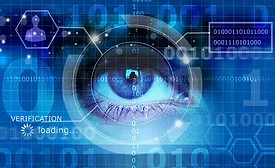Home » facial recognition
Articles Tagged with ''facial recognition''
Security in the Outfield
At Citi Field in New York City, Technology and Personnel Team Up for Threat Detection
August 30, 2018
Sign-up to receive top management & result-driven techniques in the industry.
Join over 20,000+ industry leaders who receive our premium content.
SIGN UP TODAY!Copyright ©2026. All Rights Reserved BNP Media.
Design, CMS, Hosting & Web Development :: ePublishing







